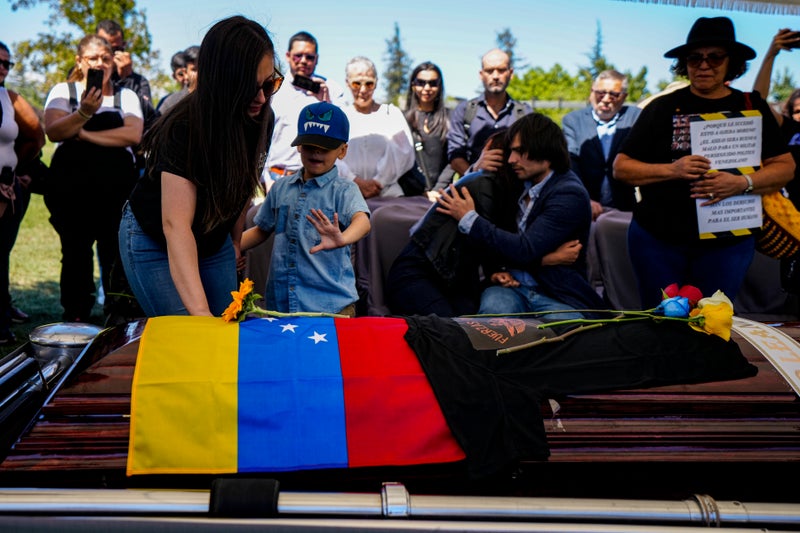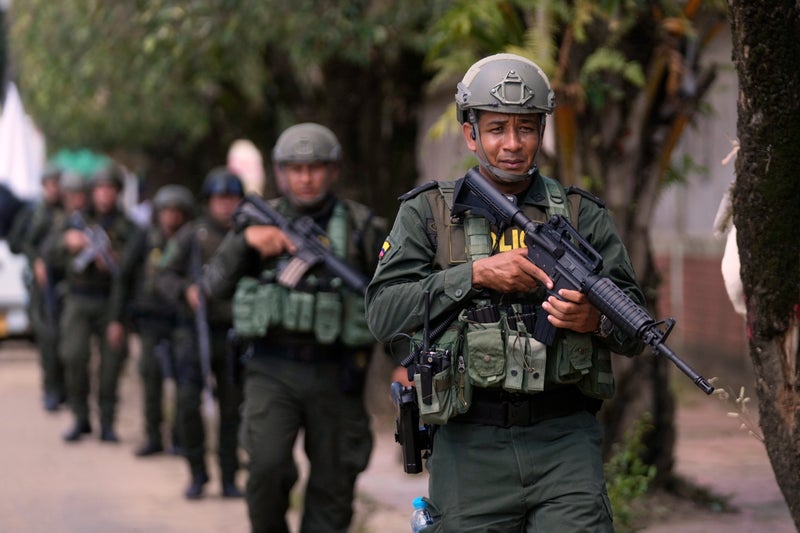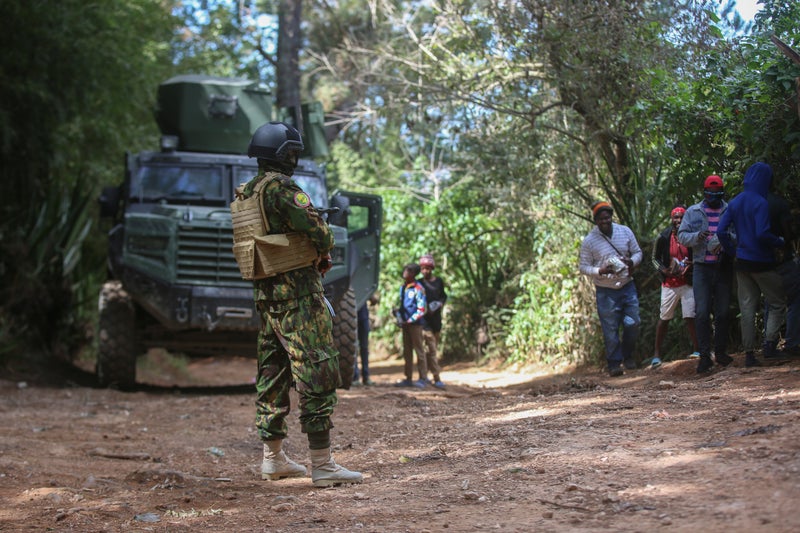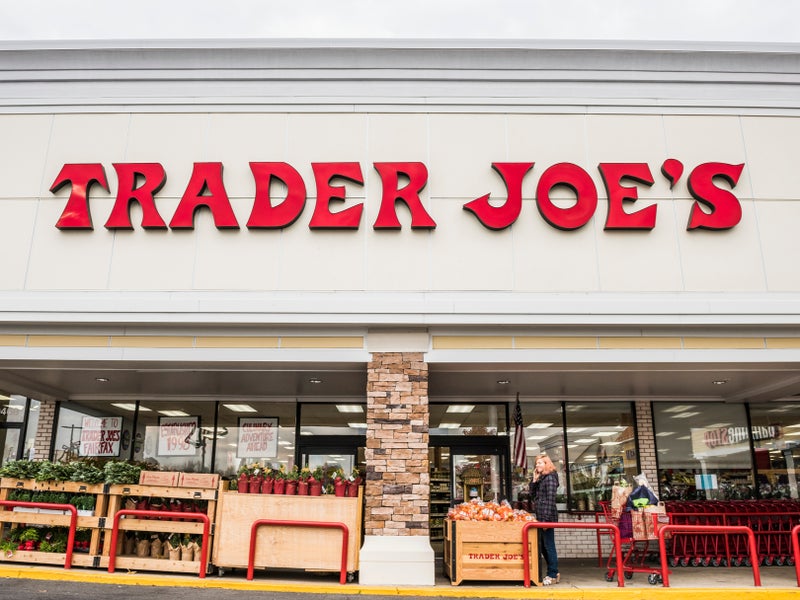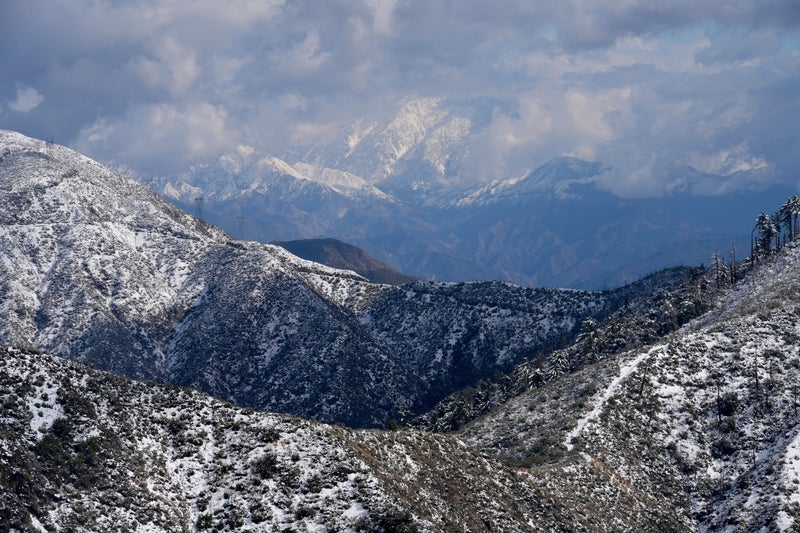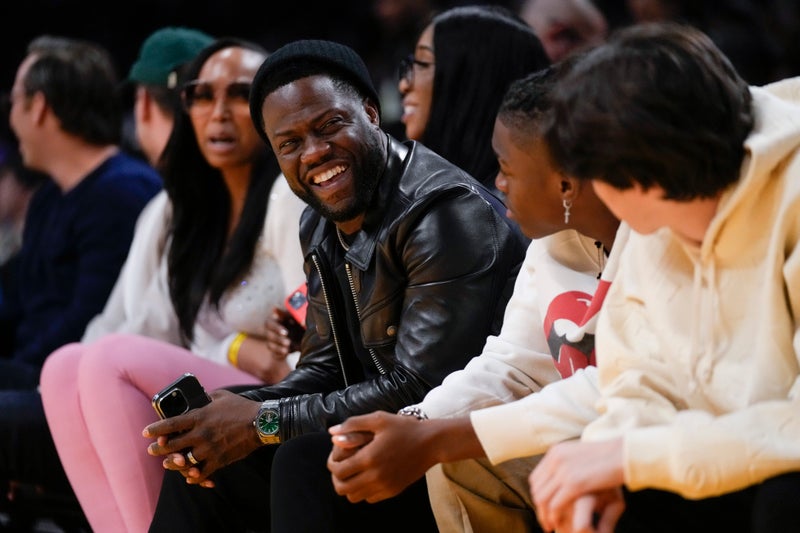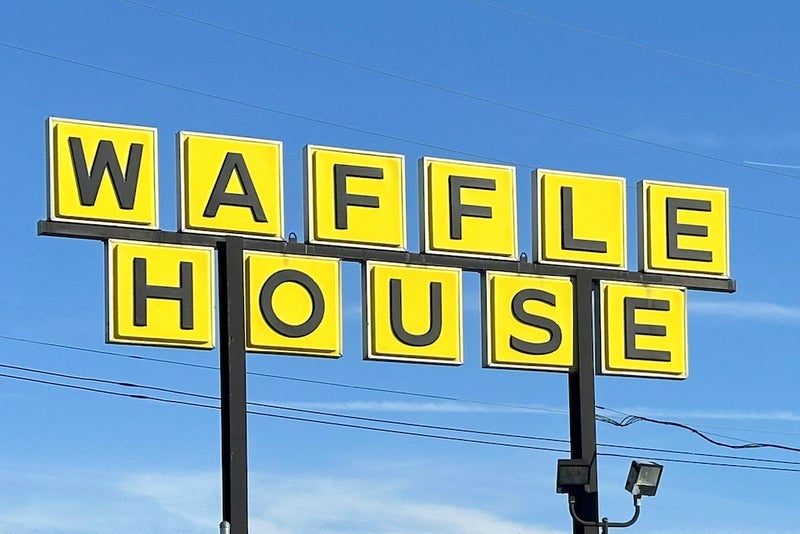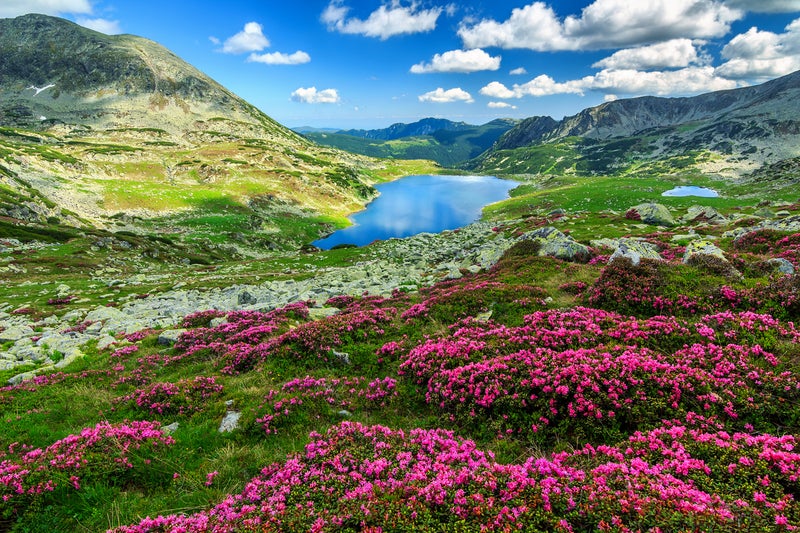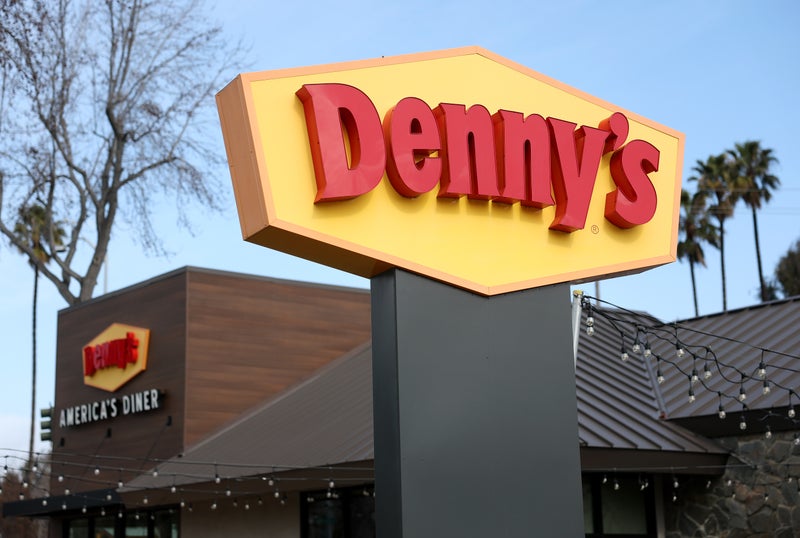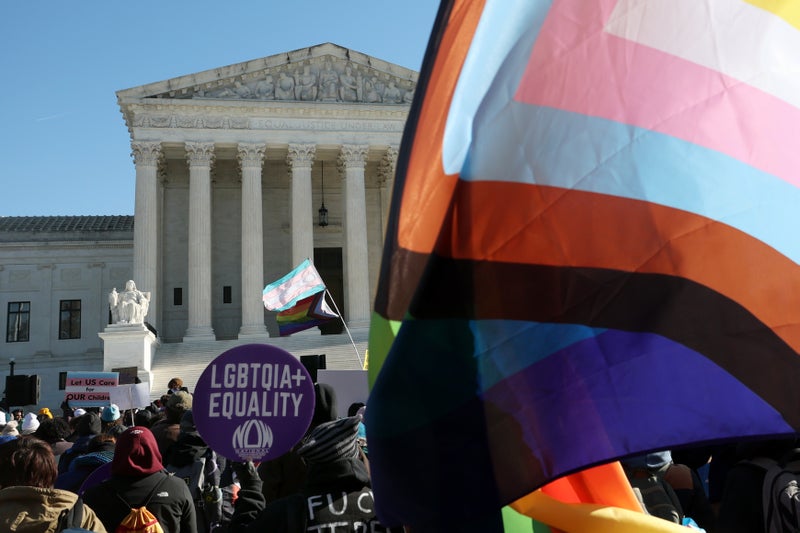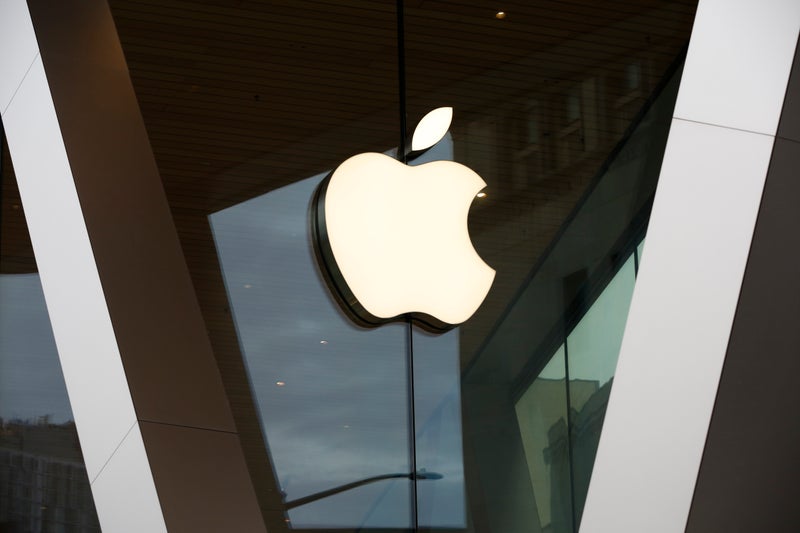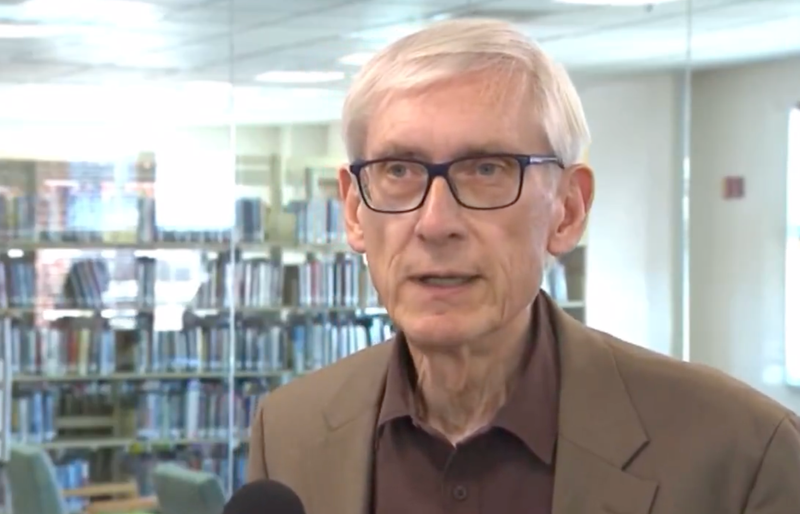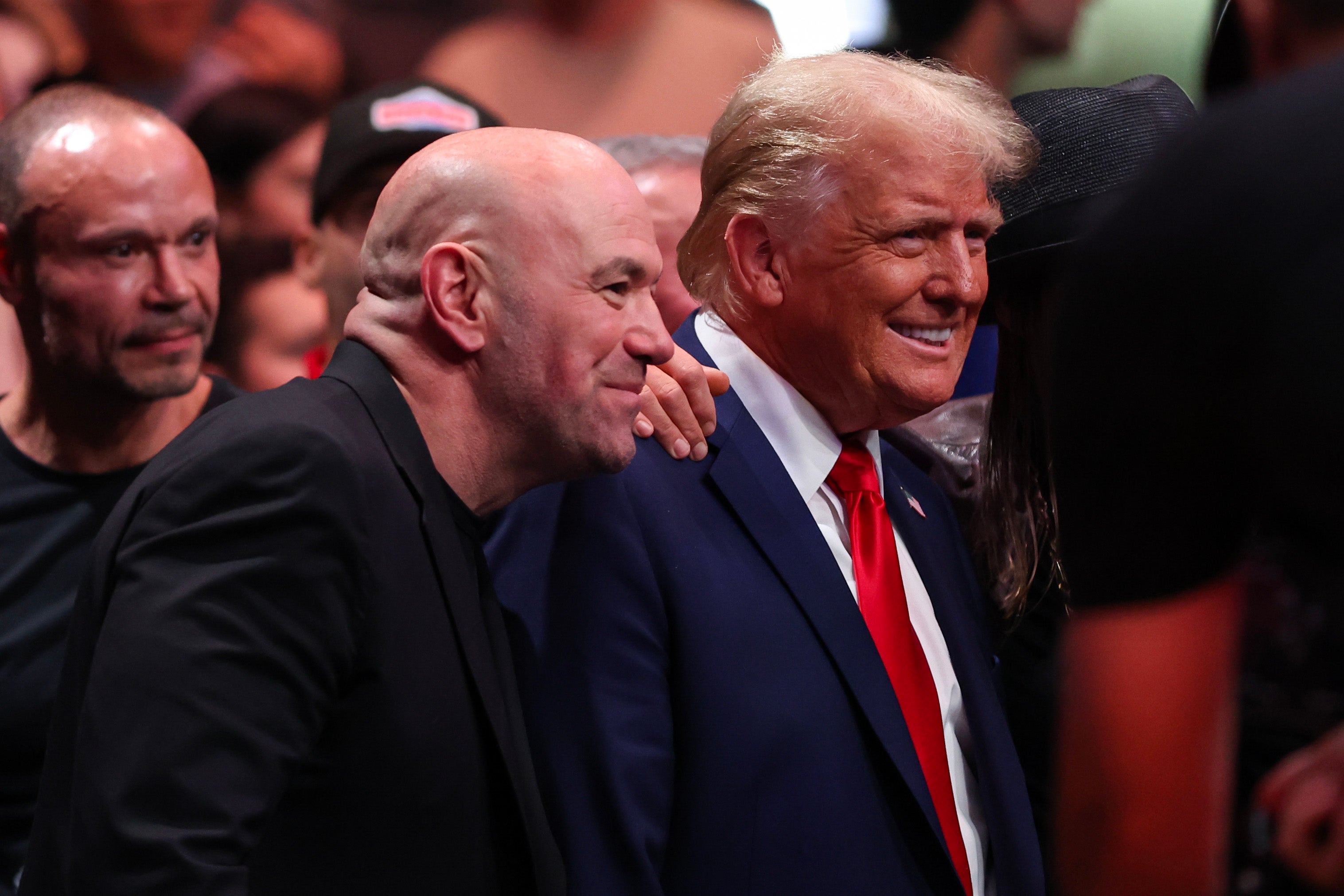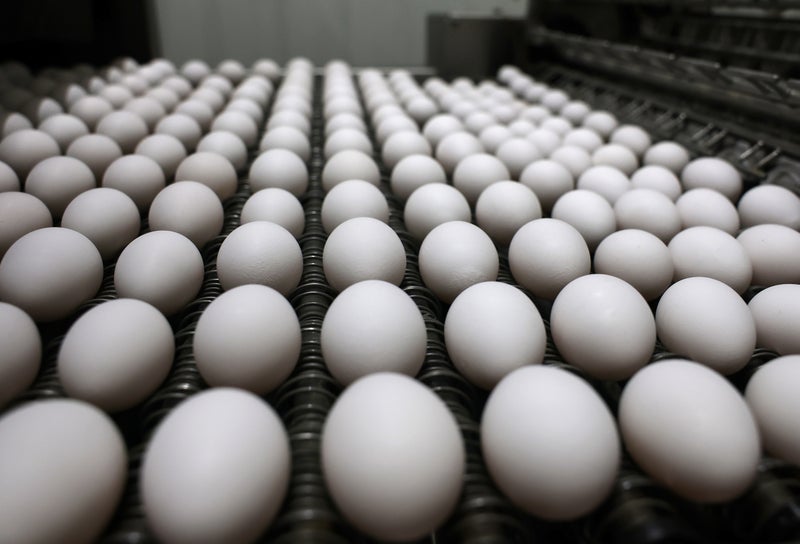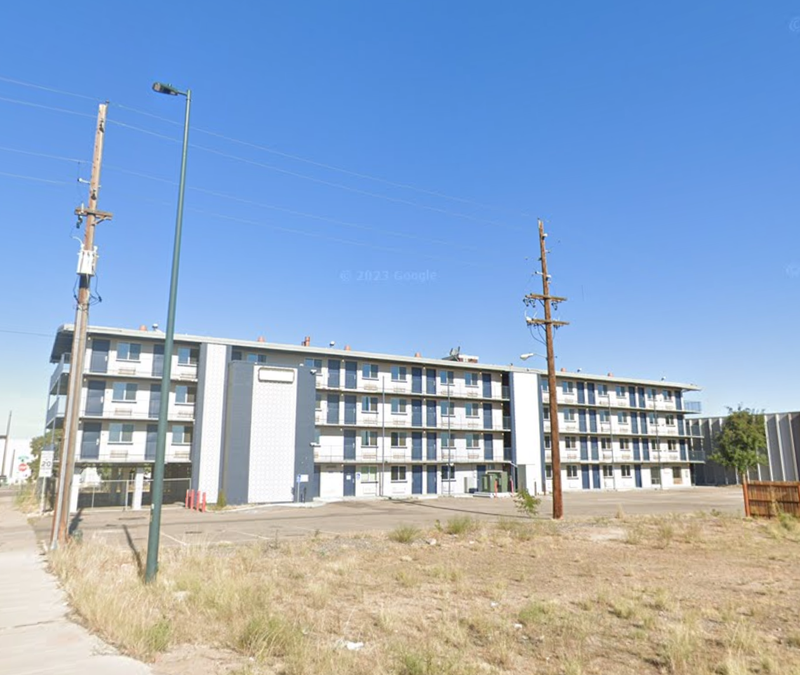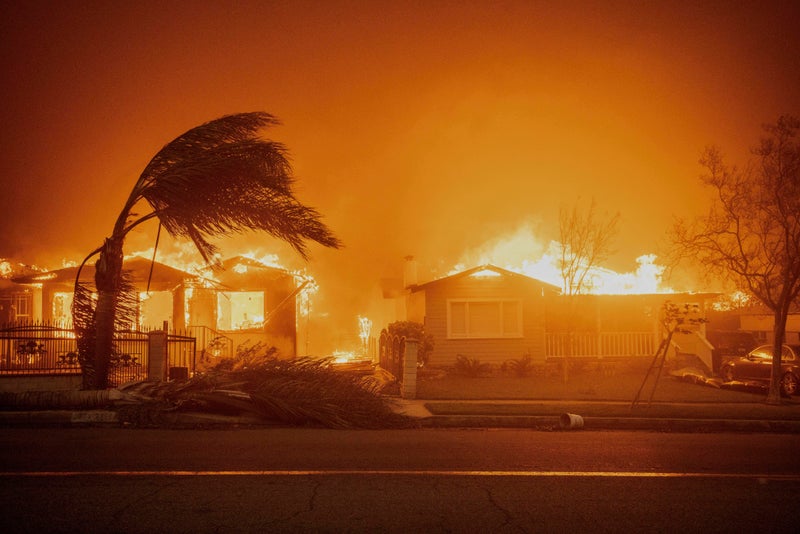But rather than “wiping out” criminal organizations, the Maduro government has instead maintained volatile relationships with many armed groups, including gangs, nonstate paramilitary groups and even the country’s own police forces.
President Donald Trump has even suggested that Maduro successfully reduced crime by exporting gang members to the U.S. “Crime is down in Venezuela by 67% because they’re taking their gangs and their criminals and depositing them very nicely into the United States,” he told supporters in April 2024.
As I explore in my new book, “Policing the Revolution: The Transformation of Coercive Power and Venezuela’s Security Landscape During Chavismo,” the case of Venezuela is not one of government control over criminal groups.
On Feb. 19, 2020, a section of the Prados del Este highway in Caracas was shut down as officers from Venezuela’s National Police and the country’s investigative police brandished weapons, shoving, punching and wrestling each other to the ground.
Police officers and police reformers I interviewed referred to state security policies and the changes they produced as akin to Frankenstein’s monster – an aberration rapidly outpacing the creator’s ability to control it.

